# 56 O come, O come, Emmanuel
Words: 9th century Latin text
Music: Veni, Veni, Emmanuel from the 15th century; adapted by Thomas Helmore
Source: Hymnary.org
This ancient advent hymn originated in part from the “Great ‘O’ Antiphons,” part of the medieval Roman Catholic Advent liturgy. On each day of the week leading up to Christmas, one responsive verse would be chanted, each including a different Old Testament name for the coming Messiah. When we sing each verse of this hymn, we acknowledge Christ as the fulfillment of these Old Testament prophesies. We sing this hymn in an already-but not yet-kingdom of God. Christ's first coming gives us a reason to rejoice again and again, yet we know that all is not well with the world. So along with our rejoicing, we plead using the words of this hymn that Christ would come again to perfectly fulfill the promise that all darkness will be turned to light. The original text created a reverse acrostic: “ero cras,” which means, “I shall be with you tomorrow.” That is the promise we hold to as we sing this beautiful hymn.
Each verse of this hymn refers to Christ by various Old Testament titles, thus exemplifying Christ as the fulfillment of Old Testament prophecy. In addition to its anticipation of Christ’s birth, the hymn can also be interpreted to refer to the Second Coming.
Fifteen hundred years gives a lot of time to make changes to the text, and it turns out there aren’t many hymnals that have exactly the same words. Like the original Latin poem, J.M Neale’s translation from 1851 contained seven stanzas; today many modern hymnals contain only five. You probably won't come across any big disputes over which text you use; most of the changes have occurred gradually and the versions we now use have simply been passed along in our various traditions. A refrain was also added to the original text that is familiar and oft-sung today: “Rejoice, rejoice, Immanuel shall come to you, O Israel.”
“O Come, O Come, Immanuel” is set to the tune VENI EMMANUEL, adapted by Thomas Helmore. This haunting and pleading tune beautifully supports the words of longing found in the text, with the hopeful change into the refrain..
Here’s a lovely rendition by the Clare College Choir, Cambridge : YOUTUBE

